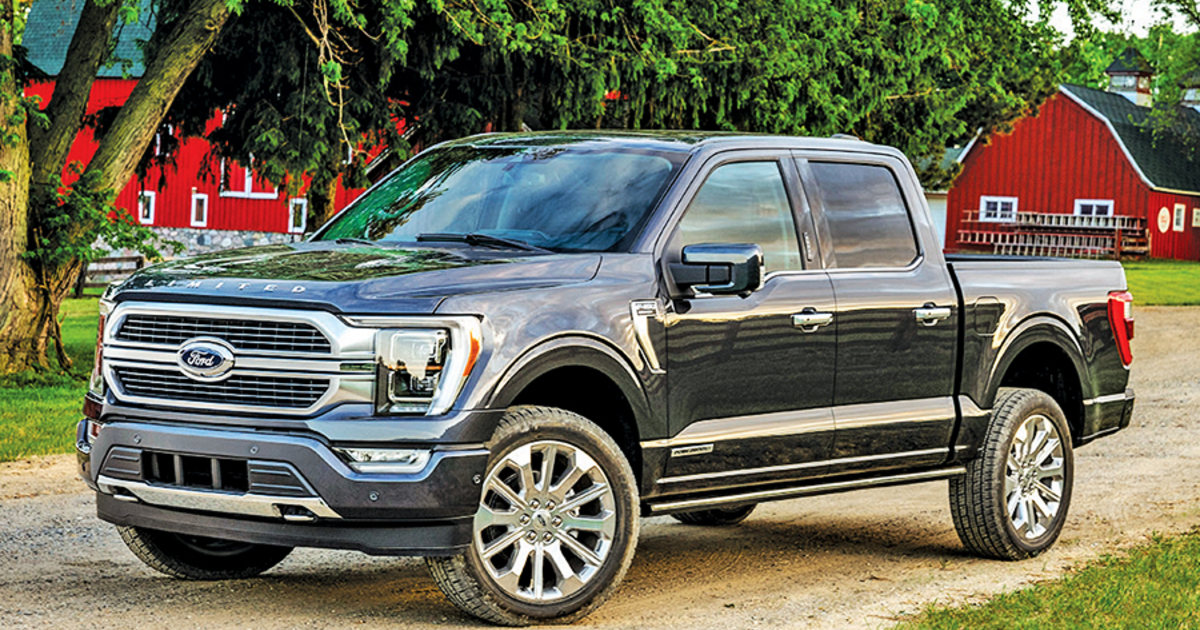
Constellium, one of the world’s biggest aluminum suppliers, has a message for the auto industry that it’s prepared to support the shift to electric vehicles with lighter-weight metal for vehicle production. But it’s not enough to simply be lighter anymore, the aluminum industry recognizes. Automakers now want their supply chains to show how they will achieve carbon footprint reductions. Andreas Afseth, 51, technical director for Constellium’s North American automotive sheet metal business, spoke with Senior Editor Lindsay Chappell about how it is innovating that effort. Here are edited excerpts.
Q: Constellium’s rivals in the steel industry make a point of saying that aluminum production has a bigger carbon footprint than steel. How do you counter that?
A: When you produce primary aluminum, made from bauxite aluminum oxide through electrolysis, it consumes a lot of electricity. And your carbon footprint is linked to that electricity generation. But when you recycle scrap aluminum — when you use old aluminum from demolished buildings or from end-of-life cars — you use only 5 percent of that energy. The carbon emission from recycling is much lower than from the primary metal.
No, there’s also a cost benefit because buying secondary scrap aluminum is lower cost than buying primary metal from smelters.
How will Constellium orchestrate this shift to a circular supply of aluminum?
We are now increasing the capacity and the ability to use scrap.
Where will you get enough scrap to make this work?
A big portion will be manufacturing scrap from the OEMs. When you use coiled sheet metal to make a car, you typically have 60 to 65 percent utilization and 35 to 40 percent scrap.
And when you put that into a closed loop, it goes straight back to the mill to be remelted, so you can take that 40 percent of the carbon emissions out.
Are your customers on board?
Today, this isn’t an established practice for all auto plants. Ford is an example of a company doing it, for the F-150. But not many others. So it will be a big thing to get this established.
Where will Constellium do this in North America?
We haven’t announced that yet. Coming soon. But we have a recycling operation under construction to do this in Alsace, France.
And the time frame?
I can say only that it would be 18 to 24 months after a final decision is made. And it will be in line with what our customers need for the programs they’re planning.